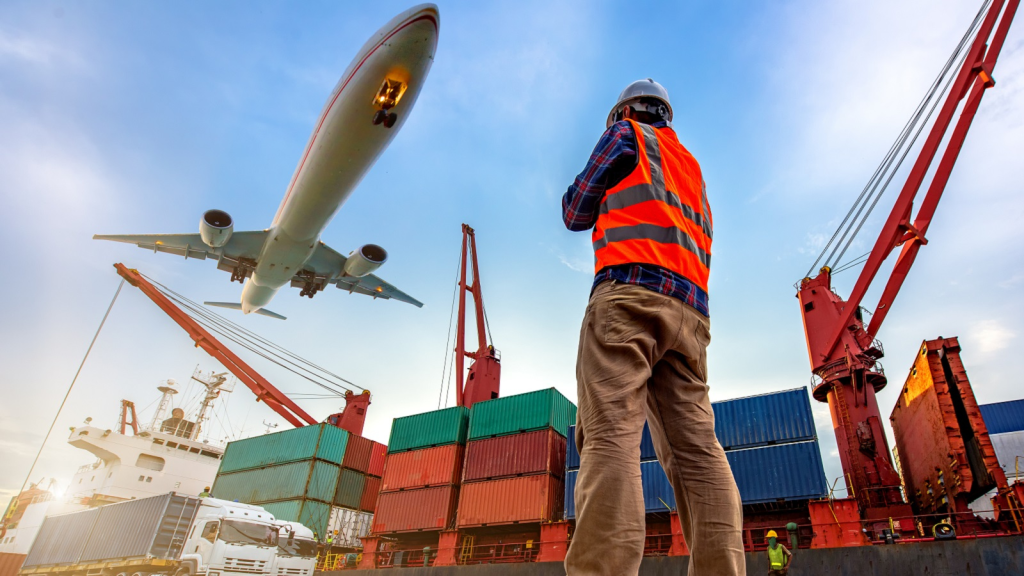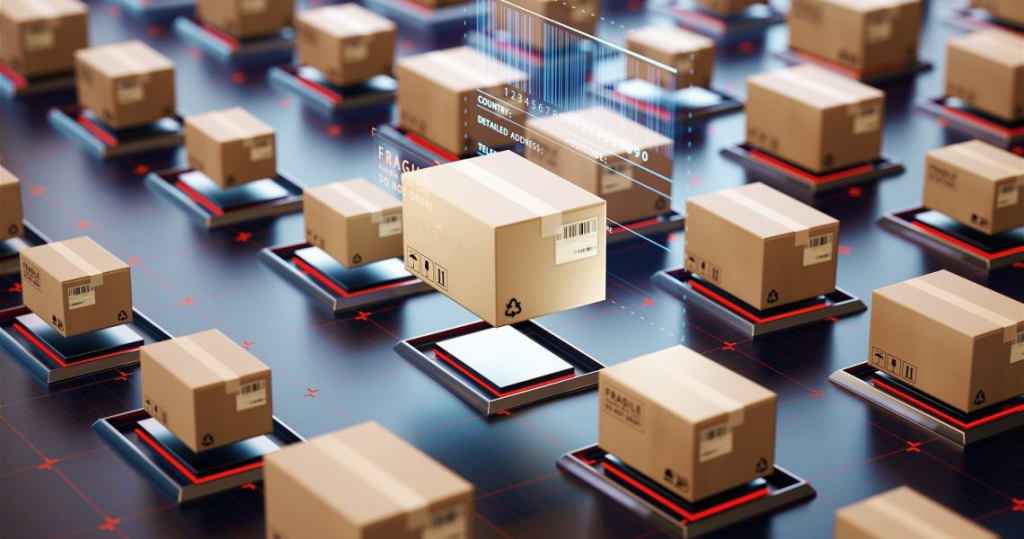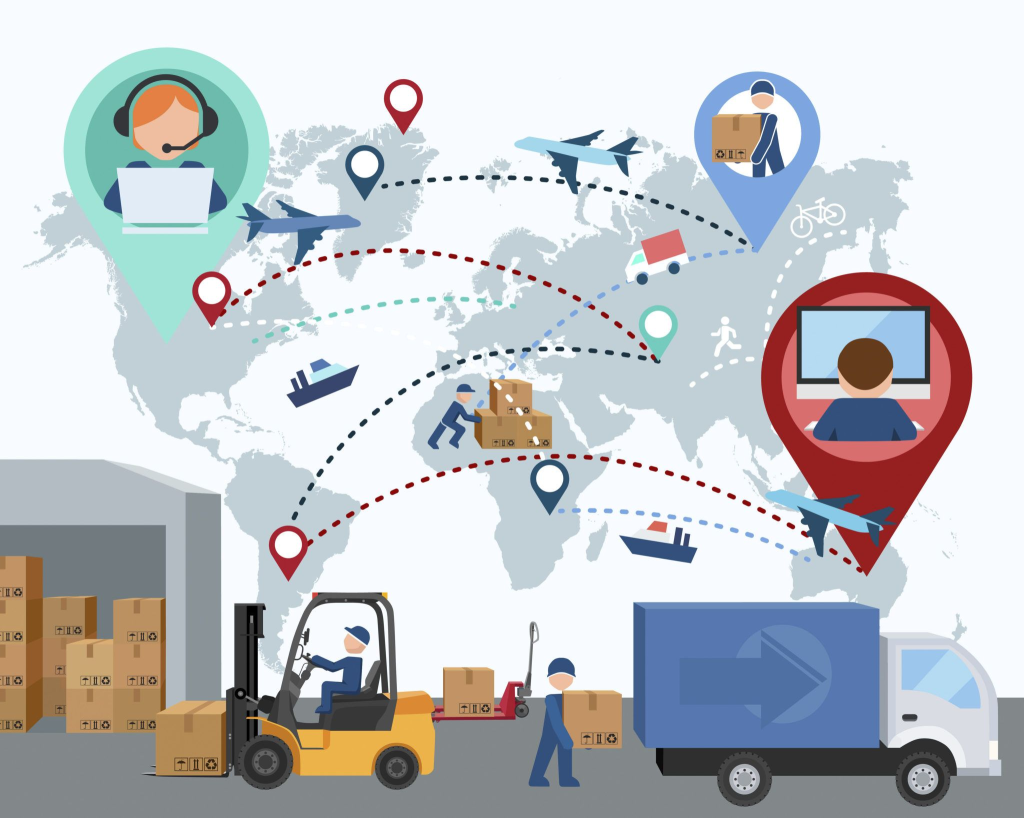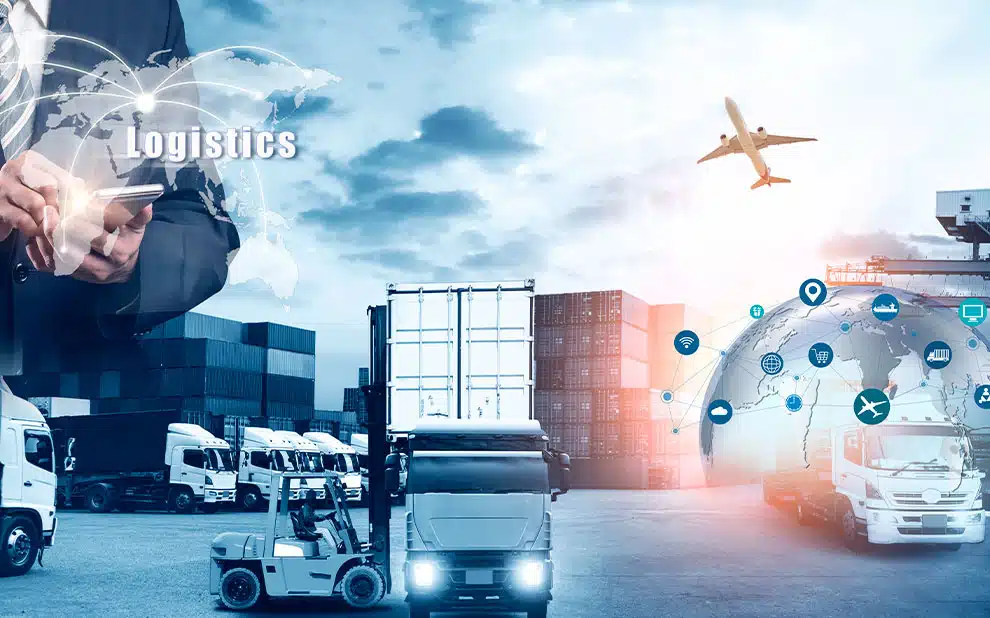The Future of Logistics Workforce: Skills & Careers
As we look ahead to the future of logistics, the workforce is set to undergo significant transformations. New skills will be required to meet the changing demands, and career paths in logistics will continue to diversify. In this article, we will explore the skills and career opportunities that will define the logistics workforce of the future, with a special focus on how services like Postalparcel’s logistics solutions are shaping the industry.

The Changing Landscape of Logistics
Logistics has always been at the heart of global commerce, ensuring the efficient movement of goods and materials. However, the logistics landscape has been undergoing significant changes in recent years. Automation, artificial intelligence (AI), robotics, and the Internet of Things (IoT) are now integral parts of the logistics infrastructure. These technological innovations are transforming not just the way goods are moved but also the way logistics businesses operate.
One of the key drivers of change is the rise of e-commerce. As online shopping continues to grow at an exponential rate, the demand for faster and more efficient delivery systems has surged. Consumers now expect quicker deliveries, often within a day or two, putting pressure on logistics companies to streamline their operations.
Moreover, sustainability has become a crucial focus in logistics, with businesses looking to reduce their carbon footprint. This means logistics companies must adopt greener practices, such as using electric vehicles, optimizing delivery routes, and minimizing packaging waste. To keep pace with these changes, the workforce must evolve as well, requiring new skills and innovative solutions.
Key Skills for the Future Logistics Workforce
The future logistics workforce will need to adapt to the increasing reliance on technology. Here are some of the key skills that will be in demand:
1. Technology Proficiency
As logistics becomes more automated, professionals will need to be proficient in using a range of technologies. From understanding warehouse automation systems to working with AI-powered logistics platforms, the ability to work with technology will be essential.

Skills in areas such as data analysis, machine learning, and robotics will be highly sought after. For example, professionals will need to be able to optimize warehouse operations using robotic systems or use AI to predict delivery routes and reduce transportation costs.
2. Data Analysis and Supply Chain Visibility
The logistics industry is increasingly relying on data to make informed decisions. Supply chain visibility, the ability to track shipments in real-time, and the use of big data to predict trends are becoming more important. Professionals will need to have a solid understanding of data analytics tools to assess and optimize supply chain performance.
Services like Postalparcel have already leveraged this concept by offering enhanced tracking and visibility services. Their real-time tracking technology helps businesses stay on top of deliveries, improve inventory management, and make better operational decisions. As the workforce of tomorrow takes on roles in logistics, they will need to understand how to utilize these tools effectively.
3. Problem-Solving and Adaptability
With the rapid changes occurring in the logistics industry, the ability to adapt to new challenges and solve problems will be crucial. Logistics professionals will need to be flexible and innovative, finding creative solutions to new problems, such as meeting growing consumer expectations or addressing environmental concerns.
For instance, Postalparcel has helped companies optimize their shipping strategies and overcome challenges like managing complex international deliveries and dealing with last-mile logistics issues. The future logistics workforce will need to learn how to navigate similar complex logistics challenges while balancing customer demands and sustainability goals.

4. Sustainability Knowledge
As mentioned earlier, sustainability is a key focus in logistics. Professionals in the future logistics industry will need to understand how to implement green initiatives. This includes using eco-friendly transportation options, reducing waste, and optimizing energy usage in warehouses and logistics hubs. A solid understanding of environmental regulations and sustainability standards will be a must for logistics professionals.
5. Customer-Centric Mindset
Customer satisfaction has always been important in logistics, but as e-commerce continues to boom, customer expectations are higher than ever. The future workforce will need to be adept at managing the end-to-end customer experience, from fast deliveries to handling returns efficiently. Strong communication and problem-solving skills will be key to maintaining customer loyalty.
Career Opportunities in Logistics
As technology reshapes the logistics sector, new career paths are emerging. Here are some of the roles that will be prominent in the future of logistics:
1. Logistics Data Analyst
With the increased reliance on data, logistics companies will need data analysts who can interpret trends, predict demand, and optimize operations. Data analysts will help logistics companies understand consumer behavior, reduce costs, and make smarter decisions across the supply chain.

2. Supply Chain Manager
Supply chain managers will continue to play a crucial role in overseeing the entire supply chain process. They will be responsible for ensuring that goods are moved efficiently from suppliers to customers while managing inventory, procurement, and distribution. These professionals will need to work closely with technology to track shipments and optimize routes.
3. Automation Engineer
As more logistics operations become automated, engineers specializing in warehouse automation and robotic systems will be in high demand. These engineers will design, implement, and maintain automated systems that help warehouses operate efficiently, reducing the reliance on manual labor.
4. Sustainability Specialist
As sustainability becomes more central to logistics, there will be an increased need for professionals who specialize in implementing eco-friendly practices. These specialists will help companies reduce their carbon footprint, adopt green technologies, and meet regulatory requirements.
How Postalparcel Solves Logistics Challenges
One of the notable success stories in the logistics industry is Postalparcel‘s ability to streamline and optimize international shipping for businesses. Postalparcel’s carrier management and delivery services help businesses address the challenges associated with cross-border shipping, offering real-time tracking and reducing delays in the delivery process.
For instance, Postalparcel helped an e-commerce business struggling with delayed international shipments by integrating its logistics services into the company’s supply chain. By using Postalparcel’s advanced tracking technology and order management services, the business was able to minimize delays and improve customer satisfaction. The business not only enhanced its delivery process but also saw a significant reduction in operational costs.

Conclusion
The future of the logistics workforce looks promising, with numerous career opportunities for those equipped with the right skills. As the industry continues to evolve with technological advancements, professionals in logistics will need to be adaptable, tech-savvy, and customer-centric. Services like Postalparcel will continue to play an important role in helping businesses streamline their operations, providing tools that improve carrier management, inventory, and order management.
Industry Insights
news via inbox
Nulla turp dis cursus. Integer liberos euismod pretium faucibua








